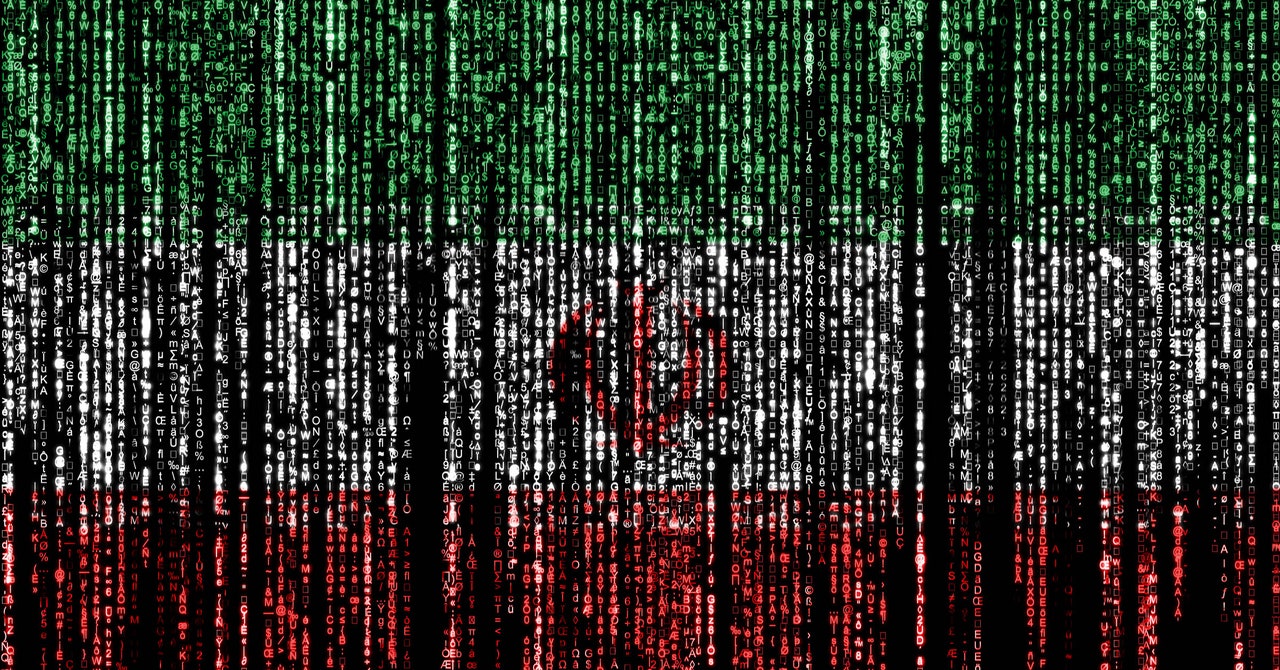But in a previously unreported response, Mark Isakowitz, Google’s head of US public policy, wrote back a month later and said the recently eased sanctions still hadn’t allowed these activities, “unfortunately.” Isakowitz instead urged Congress to work with the Biden administration “to find additional resources to ensure Iranians’ access to vital communication and information tools.”
Google’s response in Iran, like that of other tech giants concerned about sanctions and related financial risks, led to employee side projects to use their tech skills. Many of the workers involved declined to name or give full details about their jobs for fear of retaliation from their employers or Iran.
The basic coding is all about “developing technology that they think can level the playing field,” said Faraj Aalaei, one of the Silicon Valley community leaders who is funding and overseeing some of the projects. In all, hundreds of volunteers from the tech-savvy Iranian diaspora are involved, said Aalaei, a longtime tech executive and now founding general partner of investment firm Candou Ventures.
A priority is developing software that will enable the use of Elon Musk’s Starlink internet satellites in Iran to defeat web censorship without fear of being tracked by the government. Activists have brought hundreds of Starlink units into Iran, some of which are already active, Aalaei says. Security experts have warned that users should take precautions to prevent their location from being revealed.
Among the groups tackling that problem are four engineers who work at technology companies, including Google, who have started online to discuss practical solutions and write software intended to help Starlink users hide themselves, one person involved says. The group aims to have a solution ready within a few weeks.
The rally within the Iranian-born tech community has an energy like never before as more members now support regime change in Iran and the unrest has spread to a wider segment of the population, particularly women, several workers say. It is also acknowledged that government censorship has helped thwart previous protests in the country.
“Staying connected to the outside world is a lifeline for protesters inside,” said Shoresh Shafei, a data scientist who left Google a year ago. “The more we raise awareness of what is happening in Iran’s streets and prisons, the less likely the government is to repeat what has happened over the past 40 years.”
Tech workers are not only inspired but also frustrated by the industry’s efforts to help Ukrainians over the past year. That included providing cash to humanitarian groups and cybersecurity and cloud computing services to the Ukrainian government. “We want to be recognized and legitimized,” says Shafei. “The silence is deafening.”
Google’s response to Ukraine saw it and its employees donated more than $45 million in a campaign that promoted it multiple times on a company blog. For Iran, Google quietly made donations in a worker-led internal fundraising campaign that ultimately funneled about $375,000 to a foundation that supports internet access in Iran, three employees say. The company has remained silent about the Iranian government restricting some users from accessing the version of its search engine with the company’s SafeSearch feature activated, which according to human rights group Miaan Group, hinders access to protest-related web results because they can be gory and thus considered unsafe .

